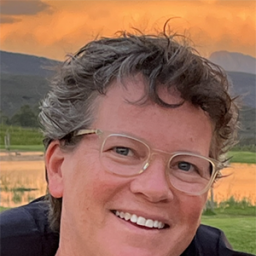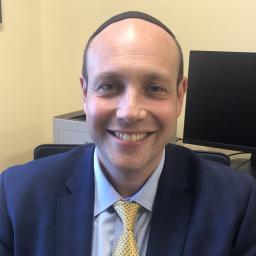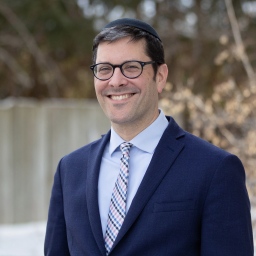Making Time to Reflect
by Susie Tanchel
“Coaching enables heads of school to step out of the pressures of the day-to-day running of a school and to take some time to think more deeply about how they want to show up and do their work,” says Tanchel. “In the ‘run school run’ mode, people don’t get many opportunities in the week to step back and to reflect. Coaching also gives a person space to understand how a given situation is impacting them as an individual and in their role. It’s a gift to have a place to process emotions that don’t get processed elsewhere and to have someone listen deeply to you.”
Tanchel generally meets weekly with her clients, and in her experience the coaching relationship has covered the first three years of a head’s tenure. “New leaders are establishing their leadership style, building their team, and working on a work-life balance in a job that is all-encompassing.” A coach is someone who is deeply invested in the head’s success, and not otherwise intimately connect to the school. Moreover, a coach can look at multiple perspectives with no specific desired outcome other than the head’s learning and growth.
Many new heads of school have coaching built in to their contracts, and often one of the first tasks of a new head is to find a coach. Tanchel says that having a good fit between head of school and coach is most important. She recommends interviewing two to three coaches before making a decision. “Who asked the kind of questions that made you think?” Tanchel thinks is a helpful lens through which to evaluate the match. “Did you learn something? Were you comfortable? Did you feel you could confide in this person?”
For Tanchel, coaching is sacred work. “In the coaching space or ‘container,’ heads can step back and really think more broadly about themselves as leaders. The concern about constantly being ‘on’ or thinking about who else is in the room falls away in the coaching relationship.” Importantly, coaching is not about asking a consultant for advice on a specific challenge or about avoiding mistakes. Coaching, to Tanchel, is about the client reflecting, learning and growing.






